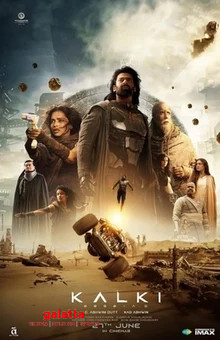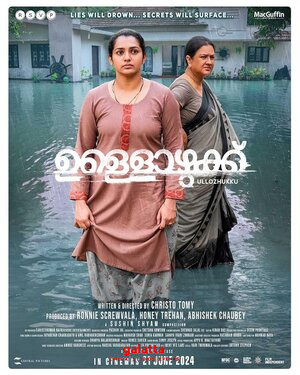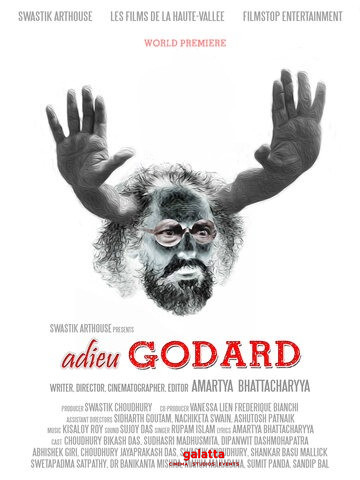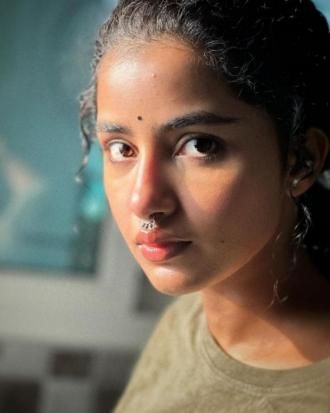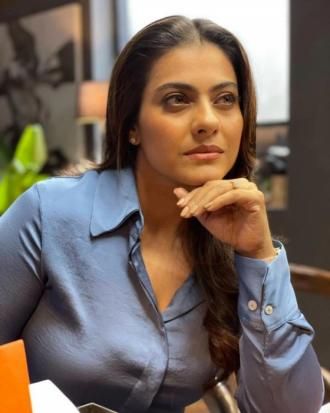Pratikshya Movie Cast & Crew
There are many things to think about in Anupam Patnaik's Pratikshya. One: Why do bad things happen to good people? Two: Why do sons struggle to connect with their fathers? Three: Is it bad to want something bad to happen to someone if it will benefit you? But let's begin with the government employee named Bipin (Choudhury Jayaprakash Das). His colleague has been sitting on a file, waiting for a bribe to make it move. But when Bipin gets to know of this, he asks for the file and clears it. The colleague is not a bad man, exactly. He is one of many who has gotten used to some extra pocket money. He is a friend, and he is truly concerned when Bipin complains of a stomach ache. This is a screenplay that takes care to confirm the fact that no one is fully a saint, and no one is fully a sinner. Everyone exists with shades of grey.
Take Bipin, again. He is a genuinely good guy – except when it comes to his son, Sanjay (Dipanwit Dashmohapatra). Sanjay is looking for a job, and he smokes and drinks – and all this brings out the worst in Bipin. Even here, Bipin is gentle – never harsh. But he needles Sanjay about his joblessness and other things. Does Bipin do this in a tough-love kind of way, so that Sanjay will buck up and get a job soon? Or is it the age-old father-son friction? Either way, the barbs find their target, and Sanjay is always sullen and irritated. The big surprise is that he has a cheerful, optimistic, loving girlfriend, Kalyani (Barsha Patnaik). What made them get together? The film - refreshingly - does not tell us, and that makes us feel the relationship is as much an intrinsic part of Sanjay as the relationship he shares with his parents.
These interpersonal dynamics are beautifully thought out. There's another reason for Sanjay's constant irritation - and that's his sister. He is irritated by the way she has conducted her personal life, and there's also a money factor involved. But again, the textured writing gives us another possible reason: maybe Sanjay is irritated that his sister, through her job, is bearing the financial burden of the family. She is the practical one, and she has taken up a job in the private sector. Sanjay feels that a government job is the safest, because he cannot be fired on a whim. Meanwhile, in one of his many interviews, he is asked questions like: What is the radius of the moon? I laughed out loud. It's so exactly a "government job" question. And it's nice how – in a gentle way – Kalyani becomes the bridge between Sanjay and his sister.
The film has its share of issues. The music is too cutesy. Some of the line readings are too emphatic and the dialogues are sometimes information dumps. A scene in a hospital involving a child with cancer is especially bad melodrama, which clashes with the understated tone elsewhere. (For example: Just like we don't see how Sanjay and Kalyani met, we aren't told why Sanjay's sister made that decision about her personal life.) But the core rings true. Things heat up when Sanjay has a crisis of conscience: Should he do what's convenient for him, or should he do "the right thing?" At times, I found shades of Hemanth Rao's Kannada drama, Godhi Banna Sadharana Mykattu. There too, we had to negotiate father-son friction over a troubled time for the family. But the gently affecting Pratikshya is its own movie. Its simplicity is deceptive. At heart, it is about how complex familial relationships can get, and how to stay a good person through all the bad things that are happening to you.



